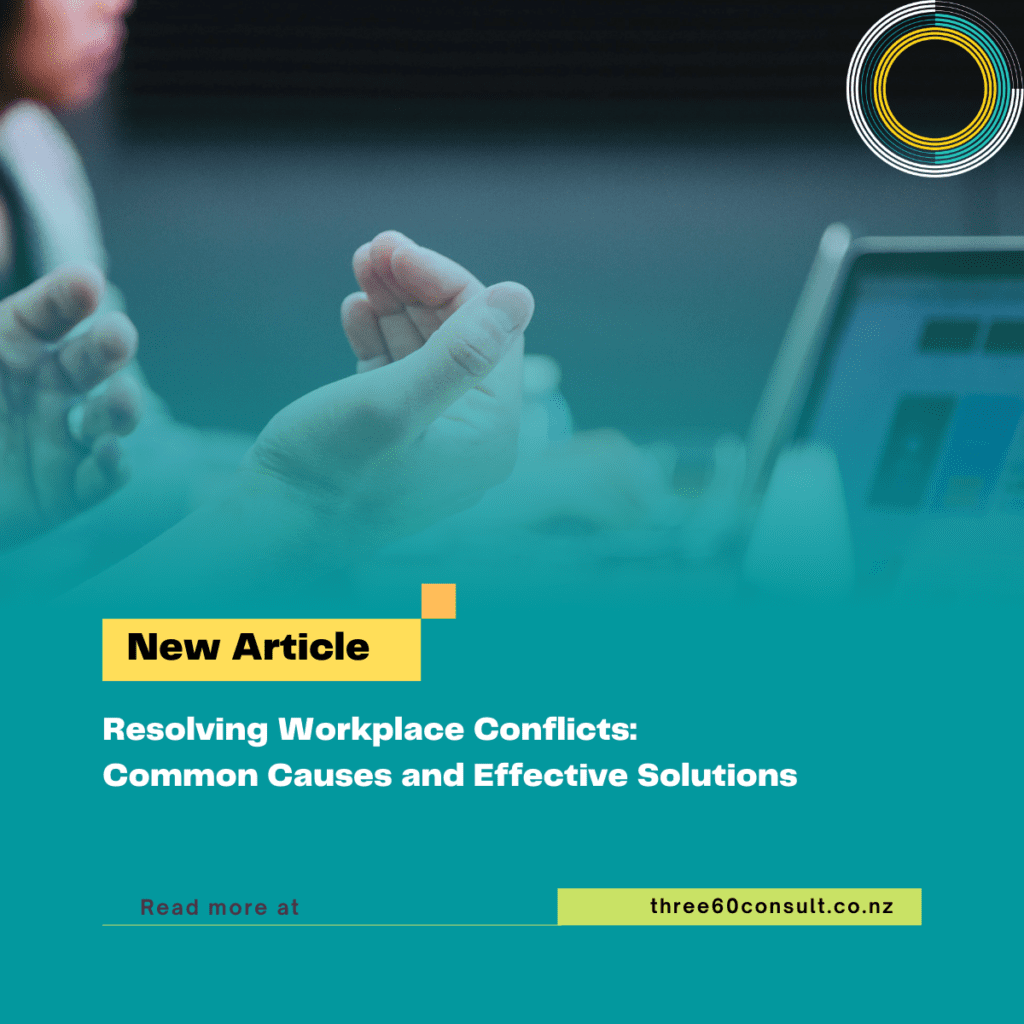Ever had an employee repeatedly refuse to follow management instructions by either responding combatively or ignoring the instruction, even for what may seem like simple yet repeated instructions?
Two cases from the Authority* recently considered these very scenarios and found that a reasonable employer could consider that persistent breaches of a lawful and reasonable instructions amounts to serious misconduct, resulting in the loss of trust and confidence in the employment relationship and warranting dismissal. In these recent cases the instructions were for the employees to stay off their phone while at the workstation and wear the agreed uniform.
While these cases have different facts, there are common factors which the Authority considered justified the employers’ decisions. When confronted on their repeated breach of instruction, both employees in these cases yelled, used inappropriate language towards their manager and failed to offer explanation for why the instruction was not followed.
During the investigation meetings, the employees also failed to reflect on their behaviour and to provide a reasonable explanation to the employers for the repeated breaches.
The fact that the employers also had clear policy on what behaviour/actions constituted misconduct or serious misconduct, including this type of behaviour, meant that it was within scope for the employers to consider these behaviours amounted to serious misconduct.
These cases demonstrate that ensuring you have all your ducks in a row including setting expectations clearly, being transparent in their communication and following a procedurally fair process they can take meaningful action to address wilful obstruction. It is also important to be mindful that the courts didn’t address the issue of less wilful failure to follow instructions such as forgetfulness.
Three60 can provide employers support and assistance to employers when it comes to navigating these scenarios but also setting up the employment relationship for success by creating policies and processes that are clear to all parties in the employment relationship. Contact our team today to learn more.
*Cases referred to:
– TURNER-MCMILLAN v CANTERBURY ALUMINIUM LIMITED [2023] NZERA 292
– EDWARDS v JS EWERS LIMITED [2023] NZERA 281









